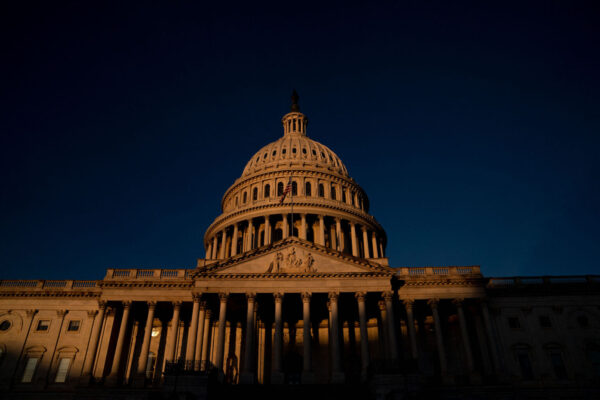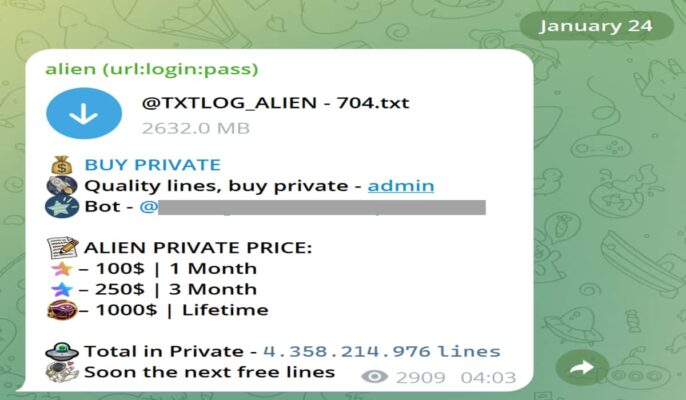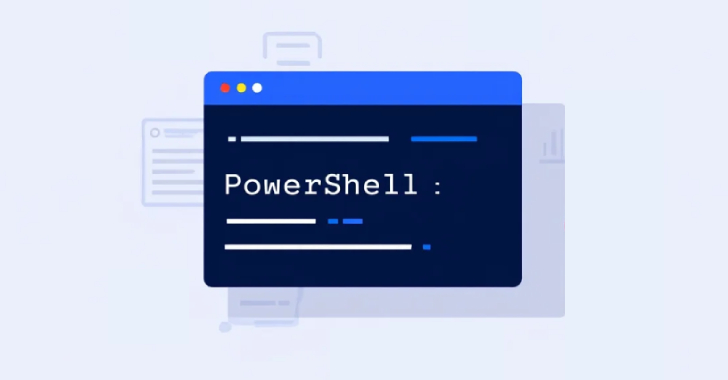The House passed a bill Monday evening that would criminalize using a person’s likeness to create nonconsensual deepfake pornography.
The Take It Down Act sailed through the chamber on a vote of 402-2, marking one of the first major pieces of legislation passed by Congress to address AI-generated deepfakes.
The bill makes it a federal crime to publicize nonconsensual imagery of others, both real and AI-generated, and requires companies to remove any images hosted or shared on their platforms within 48 hours of receiving notice. It also empowers the Federal Trade Commission to investigate and enforce compliance.
A version of the Take It Down Act has already passed the Senate, and is now just a presidential signature away from becoming law.
The original Senate bill, co-sponsored by Sens. Amy Klobuchar, D-Minn., and Ted Cruz, R-Texas, picked up an unusual mix of bipartisan support in today’s Washington, with all House Democrats voting in favor of a measure that received endorsements from both First Lady Melania Trump and former Biden-era disinformation official Nina Jankowicz.
The generation of nonconsensual deepfake pornography, using the faces or bodies of real people, is a scourge that is as likely to victimize famous celebrities as it is anonymous high school students. The overwhelming majority of deepfakes on the internet are nonconsensual nudes or pornography, many of which swap out the faces or likenesses of real people, according to numerous studies.
Last year, singer Taylor Swift, who saw her likeness used by Donald Trump and X owner Elon Musk to create deepfakes, and was also the victim of widespread nonconsensual deepfake pornography, cited the issue when endorsing Democrat Kamala Harris for president.
Klobuchar, who chaired Trump’s second inaugural committee, recounted last month how she used the opportunity at a lunch to stump for the Take It Down Act while Melania Trump was in attendance, hoping to pick up her support.
“Use every moment you can,” Klobuchar joked.
Melania Trump praised the bill’s passage, saying she was honored to have lent her support.
“Today’s bipartisan passage of the Take It Down Act is a powerful statement that we stand united in protecting the dignity, privacy, and safety of our children,” she said in a statement. “I am thankful to the Members of Congress — both in the House and Senate — who voted to protect the well-being of our youth.”
But despite the bill’s swift passage through Congress, critics and some tech experts said the Take It Down Act was another example of legislation that was drafted out of good intentions but will lead to negative unintended consequences.
Becca Branum, deputy director of the Free Expression Project at the Center for Democracy and Technology, said the bill holds “dangerous implications” for online privacy and speech.
She expressed concerns that the 48-hour takedown provision would unduly burden smaller tech platforms and is an existential threat for end-to-end encrypted applications, which technically cannot access their users’ content or messages.
Further, Branum highlighted the role that the FTC — which has just three Republican members after President Trump attempted to fire the two Democratic commissioners — would play in investigating offenses, calling this administration’s FTC “a recipe for weaponized enforcement.”
“The TAKE IT DOWN Act, while well-intentioned, was written without appropriate safeguards to prevent the mandated removal of content that is not nonconsensual intimate imagery, making it vulnerable to constitutional challenge and abusive takedown requests,” Branum said. “Moreover, its ambiguous text can be read to create an impossible requirement for end-to-end encrypted platforms to remove content to which they have no access.”
Rep. Thomas Massie, R-Ky., one of two House members to vote against the bill, explained his decision by saying the bill’s provisions would be vulnerable to misuse by bad actors.
“I’m voting NO because I feel this is a slippery slope, ripe for abuse, with unintended consequences,” Massie wrote on X ahead of the vote.
Concerns about potential abuse of the law for partisan ends under the Trump administration is something that even some supporters of the legislation acknowledge. Jankowicz, now head of the American Sunlight Project, a nonprofit dedicated to fighting disinformation, has been stumping for laws to protect young women and men from nonconsensual deepfakes for years, but said supporters must hold the government and private sector accountable along the way.
“I hope the implementation of this bill protects the underprivileged, rather than those who might seek to abuse the new standards,” Jankowitz said Tuesday on LinkedIn. “I hope the platforms remember who this legislation sought to protect, and do not bend to those who may take a shine to it for their own political purposes.”
Zephyr Teachout, a law professor at Fordham University and a supporter of the bill, said that she expects opponents to file legal challenges arguing that the law’s criminalization of deepfakes is protected speech under the First Amendment’s freedom of expression. However, unlike previous content moderation cases where Tik Tok and NetChoice made similar free speech arguments, they will face a much higher bar arguing that the activities barred by the legislation deserve similar protections.
“The core conduct here is not deserving of First Amendment protections, and that’s really important and while I think you will see challenges, I think this is a much easier case” than past ones, she said Monday.
The post House passes legislation to criminalize nonconsensual deepfakes appeared first on CyberScoop.
–
Read More – CyberScoop




